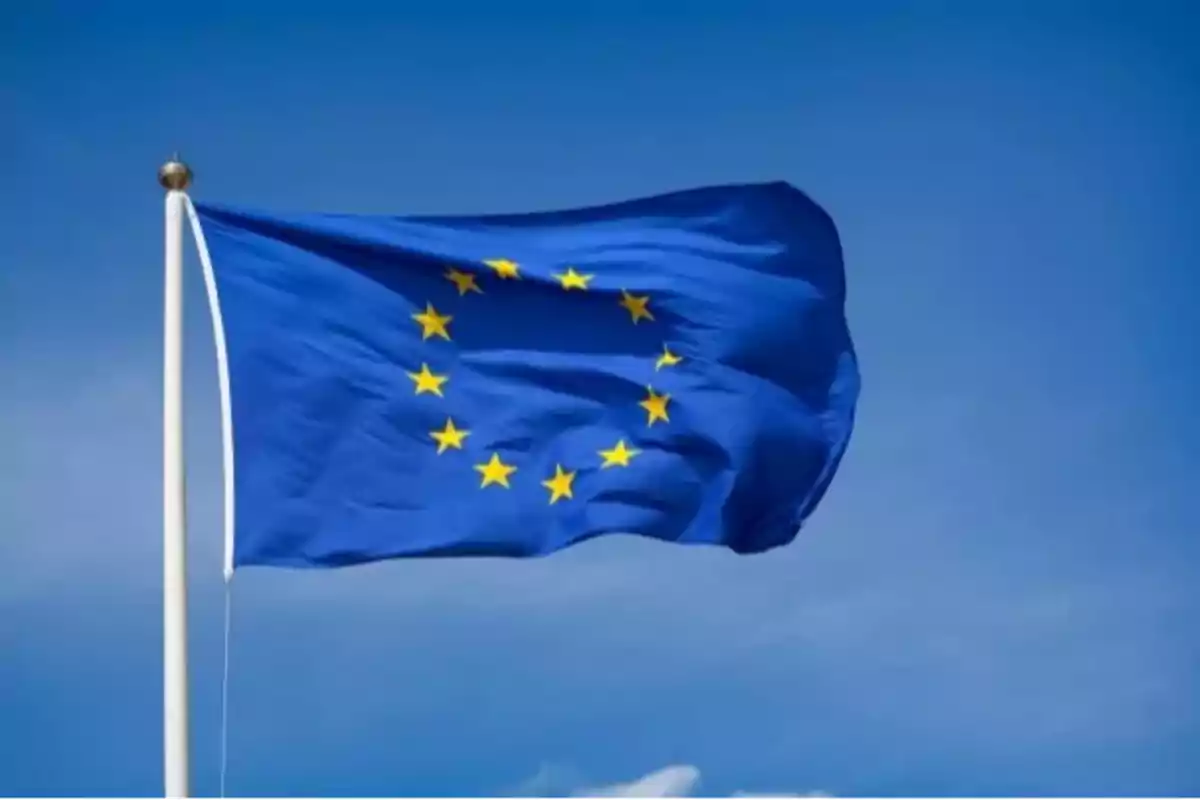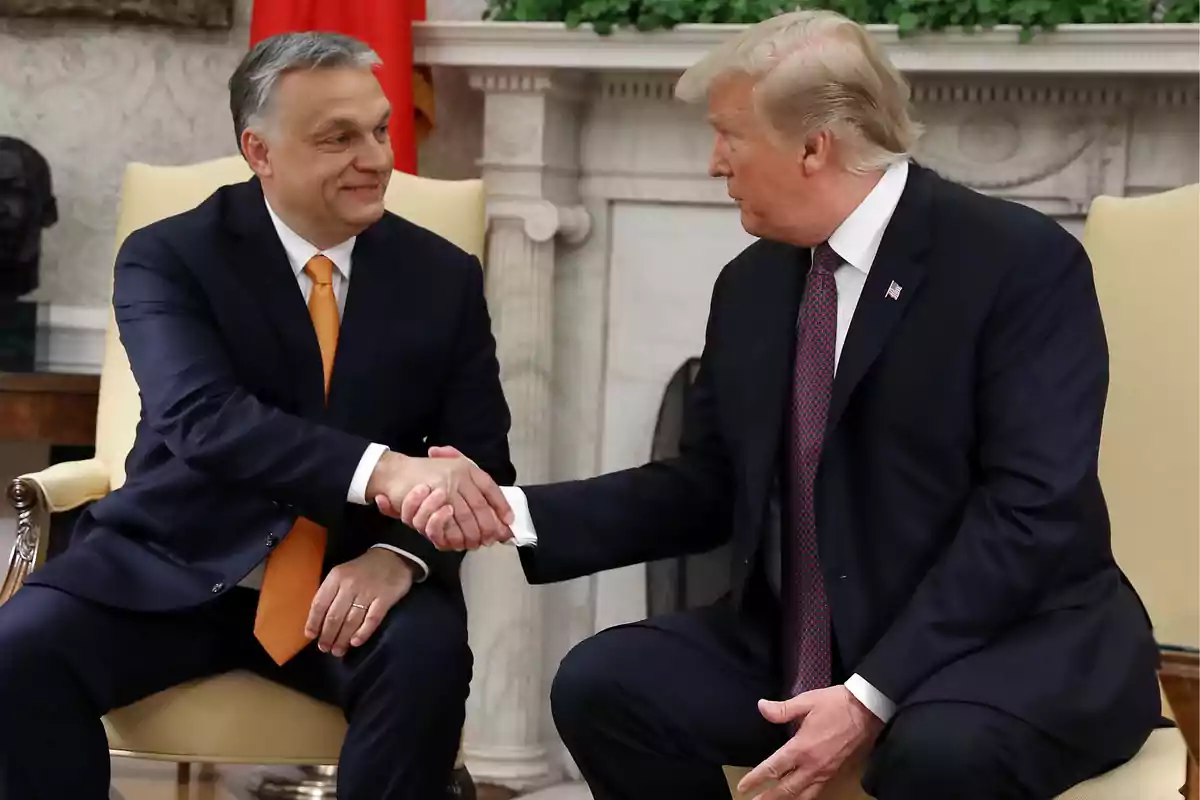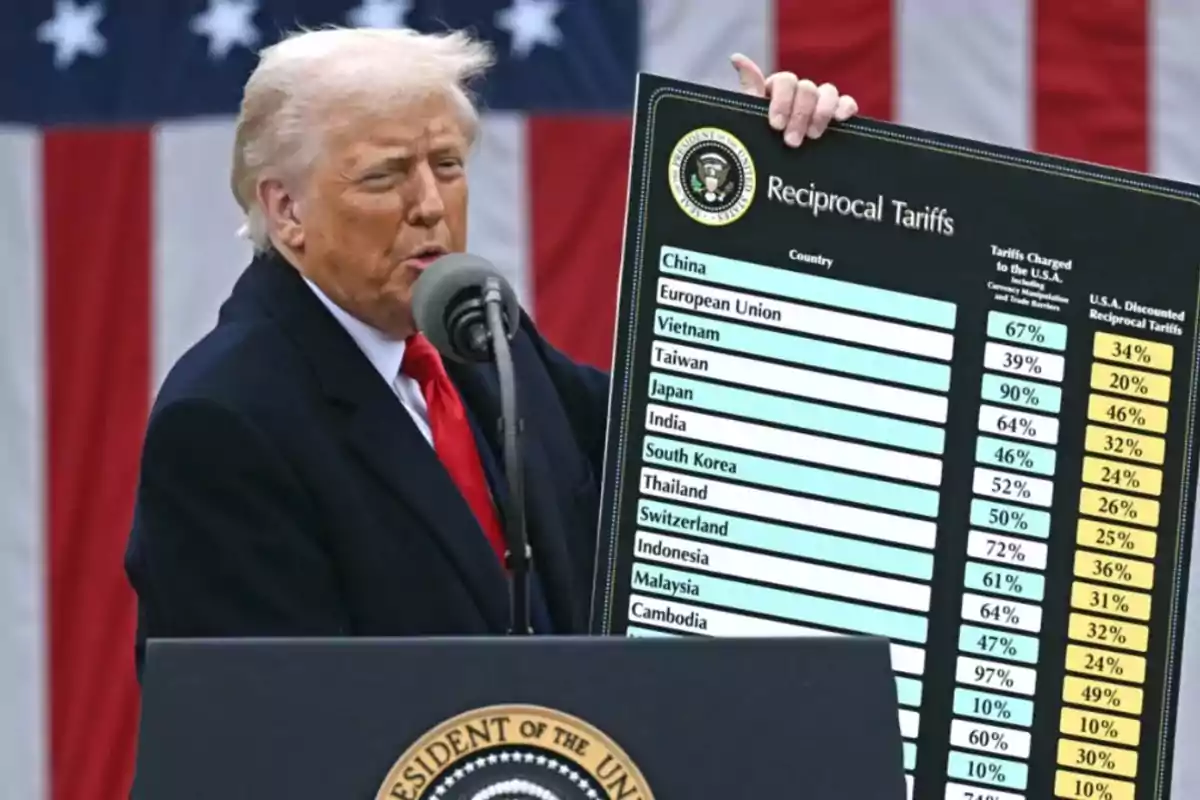
After criticizing Trump, the EU announces its own tariffs
After launching strong criticism of the U.S. president for the imposition of tariffs, now the EU will take a similar measure
The member states of the European Union approved on Wednesday a series of retaliatory tariffs of 25% on a wide range of American products, such as almonds, orange juice, poultry, soybeans, steel, aluminum, tobacco, and yachts.
These tariffs are in response to the 25% import duties that the United States imposed on EU steel and aluminum imports. This is the first set of retaliatory measures from Europe following the criticisms made.
The package of measures was subject to intense pressure from member countries, as some feared that the U.S. trade measures could severely affect their industries.

Hungary was the only country that opposed the measure, due to the close relationship between its leader, Viktor Orbán, and Trump. The EU tariffs will affect American products worth approximately €22 billion a year.
The European Commission's trade spokesperson, Olof Gill, indicated that the EU tariffs can be suspended at any time if the United States accepts a "fair and balanced" negotiated solution.
The EU tariffs will be implemented in three stages throughout this year, starting on April 15, with most tariffs applied from May 16. Tariffs on some products, such as soybeans and nuts, will be implemented from December 1.
The European Commission had initially proposed tariffs on a wider range of American products, with a total value of €26 billion.

However, bourbon was excluded from the list after Trump threatened to impose a 200% tariff on European alcoholic products if tariffs were applied on American whiskey.
Despite this adjustment, the EU still considers the tariffs imposed by the United States to be unjustified and harmful to both economies and the global economy.
In addition to the tariffs on steel and aluminum, the Trump administration has also imposed 25% tariffs on EU automobiles and a 20% tariff on all imports of European products.
These tariffs affect 70% of EU exports to the United States, which has raised concerns in Brussels about the potential negative effects on bilateral trade.

Trump, meanwhile, has rejected inadequate EU proposals to eliminate tariffs on all industrial goods between both blocs, suggesting that the EU should buy more American liquefied natural gas.
Additionally, Trump has stated that if the EU decides to apply retaliatory measures against his trade policies, trade ties with the bloc could be cut off, leaving the EU in a completely vulnerable position.
On Wednesday, it was also revealed that Trump fulfilled his promise to impose a new 50% tariff on Chinese products, which led Beijing to increase its own tariff on U.S. exports from 34% to 84%.
This escalation in the trade war with China puts Europe on alert, as there is fear that some Chinese goods could be redirected to the European market, increasing trade tensions on the continent.

More posts: